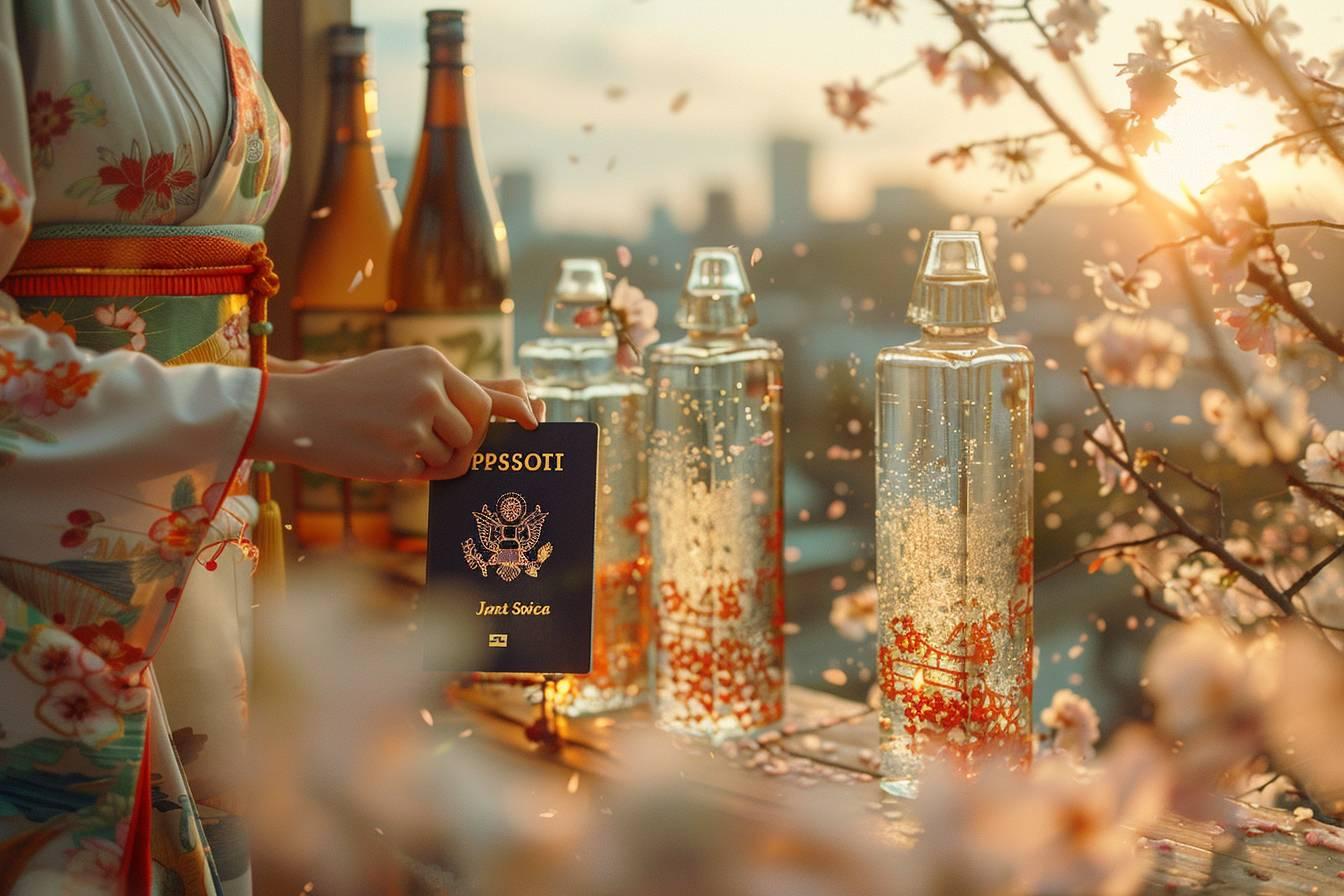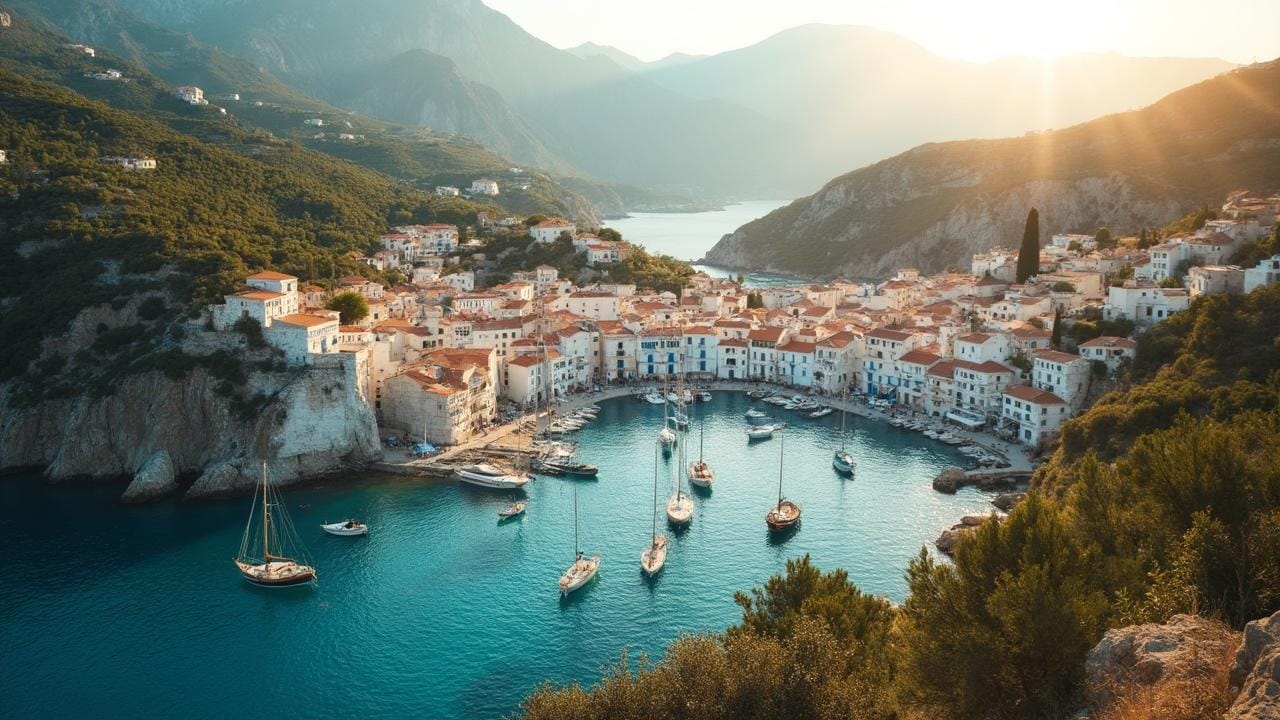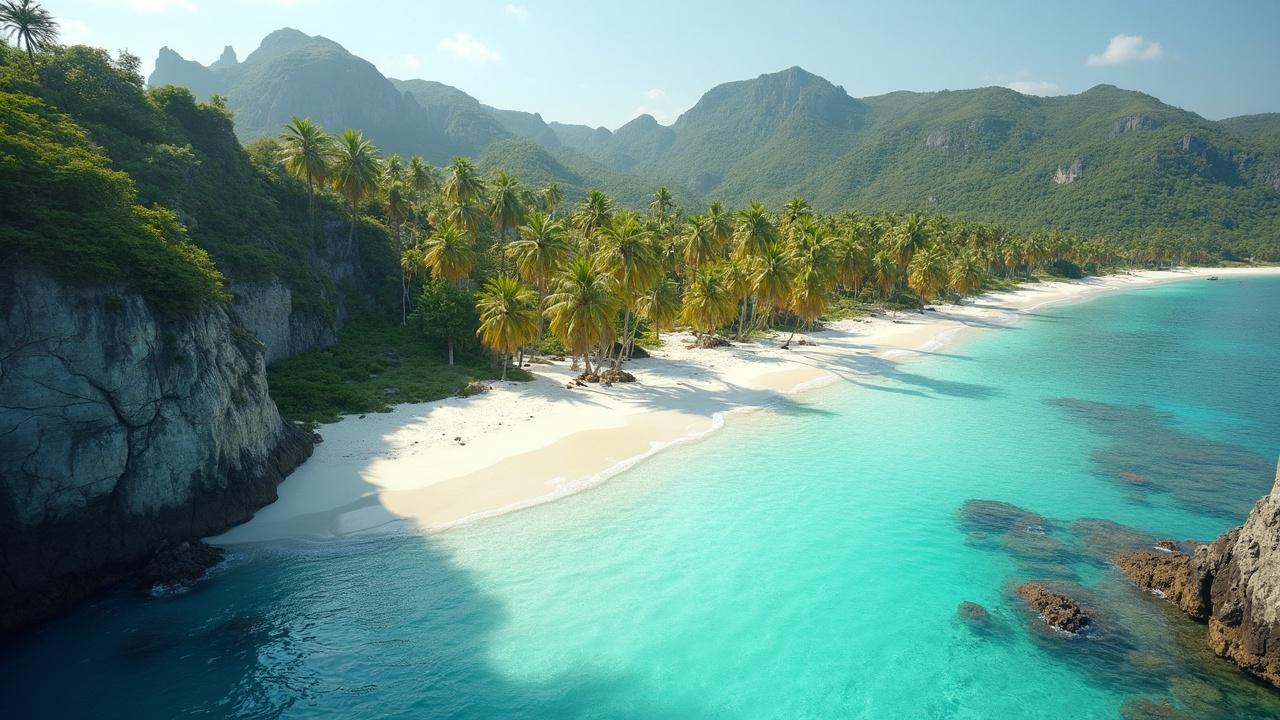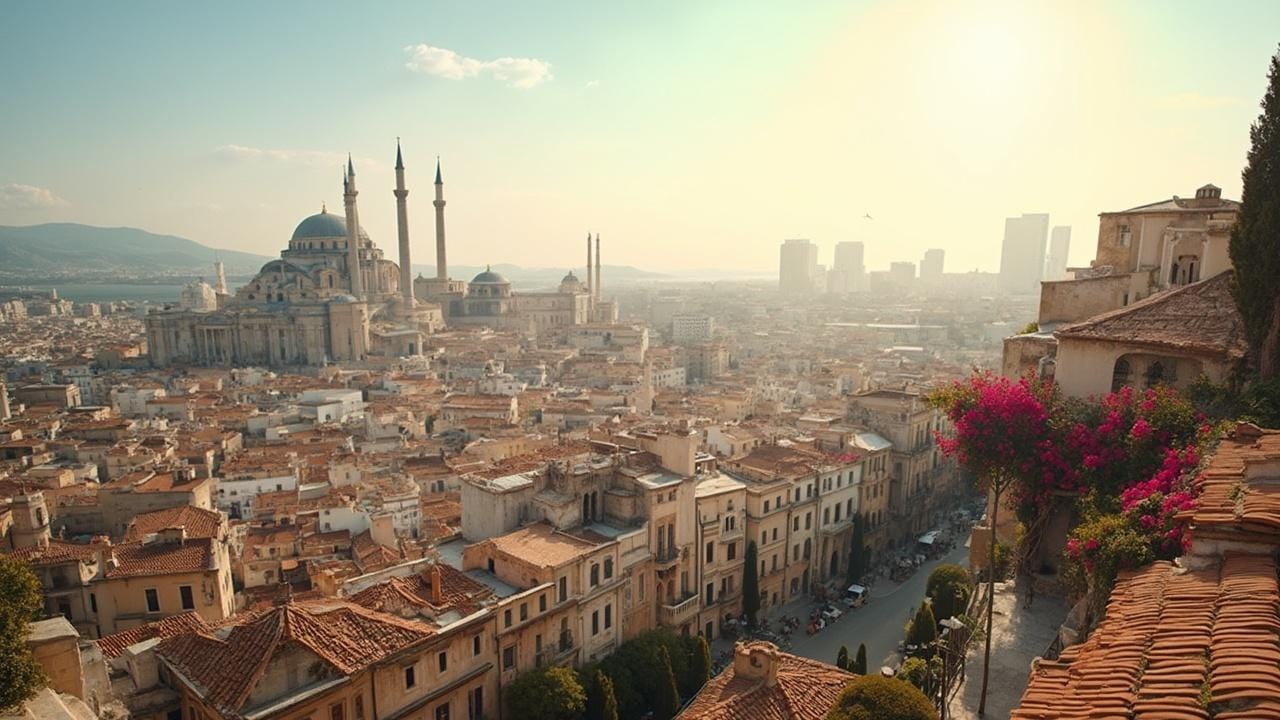If you’re planning a trip to Japan, one of the questions you might be asking is about the legal drinking age.
Understanding local laws and cultural nuances is crucial, especially when it involves something as social as drinking.
As someone who has traveled extensively and respects local customs, I’m here to share everything you need to know about the drinking age in Japan.
In this article
Understanding the legal drinking age in Japan
The legal drinking age in Japan is 20. This law is strictly enforced across the country, and it’s essential to be aware of it if you’re planning to indulge in Japan’s famous sake or explore its vibrant nightlife.
Knowing this age limit can help you avoid legal trouble and respect local traditions.
The age restriction on alcohol is part of Japan’s Minor Drinking Prohibition Act, which aims to protect young people from the potential harms of alcohol consumption. Japan takes the health and safety of its youth seriously, and this law extends that commitment.
Enforcement and penalties
In Japan, the legal drinking age is strictly enforced. Bars, restaurants, and shops must check IDs to ensure that customers are of legal drinking age.
Penalties for violating this law can include heavy fines and the potential closure of establishments that serve alcohol to minors. This strict enforcement helps maintain a safe and responsible drinking culture.
As a traveler, carrying a valid ID, such as your passport, is essential to prove your age if asked. I’ve seen firsthand how diligent Japanese establishments can be in checking IDs.
Once, during a visit to a small izakaya in Tokyo, I witnessed a group of young foreigners being politely but firmly asked for identification before ordering drinks.
Cultural context
The legal drinking age aligns with other age-related laws in Japan, such as the age of majority, which is also 20. This cultural context highlights the emphasis Japan places on adulthood and responsibility.
Turning 20, or “hatachi,” is a significant milestone in Japanese culture. It is celebrated with a coming-of-age ceremony known as Seijin no Hi. At this age, individuals are granted the full rights and responsibilities of adulthood, including the legal ability to consume alcohol and tobacco.
Knowing these cultural nuances can enrich your travel experience and help you appreciate the significance of age-related milestones in Japan.
The legal drinking age is a legal formality and part of a broader cultural context that values maturity and responsibility.
Exploring Japan’s drinking culture
Japan boasts a rich and diverse drinking culture that offers something for everyone. Whether you’re a connoisseur of fine spirits or just looking to enjoy a fun night out, Japan has plenty to offer.
There’s no shortage of options, from traditional sake to trendy craft beer bars. Let’s dive into some of the critical aspects of Japanese drinking culture.
Sake and traditional drinks
Sake, often called “nihonshu,” is one of Japan’s most famous alcoholic beverages. Made from fermented rice, sake comes in various flavors and styles, from sweet and fruity to dry and robust.
Visiting a sake brewery is a must-do activity for any enthusiast. During my last visit to Niigata, a region famous for its sake, I enjoyed tasting different varieties and learning about the intricate brewing process from local experts. It’s an experience that deepens your appreciation for this traditional drink.
Besides sake, you might want to try shochu, a distilled spirit often made from barley, sweet potatoes, or rice.
Shochu has a higher alcohol content than sake and offers a unique taste profile depending on its ingredients. Awamori, a shochu from Okinawa, is one of my favorites.
Modern drinking venues
While traditional drinks like sake and shochu hold a special place, Japan’s modern drinking scene is equally exciting.
Tokyo, in particular, is home to a thriving craft beer movement. Numerous breweries and bars specialize in locally brewed beers, offering an opportunity to enjoy innovative flavors and meet local brewers.
I remember stumbling upon a hidden gem in Shibuya. The owner turned out to be a passionate home brewer who loved sharing stories and recommendations with patrons.
If cocktails are more your style, Japan’s mixology scene is world-renowned. Bars like Bar High Five in Ginza offer meticulously crafted cocktails that showcase Japanese precision and creativity. The level of craftsmanship in these bars is exceptional, making them a must-visit for any cocktail enthusiast.
Sociocultural etiquette
Understanding local drinking etiquette is key to fully enjoying Japan’s drinking culture. Here are some tips to keep in mind :
- Pouring for others: In Japan, pouring drinks for your companions rather than yourself is customary. This act of hospitality fosters a sense of community and respect.
- Kanpai: The Japanese equivalent of “cheers,” “kanpai” is essential to any drinking experience. Wait for everyone to raise their glasses before taking your first sip.
- Pace yourself: Drinking in Japan often involves several rounds and different locations. It’s common to start at an izakaya, move to a karaoke bar, and perhaps end up at a late-night ramen shop. Pace yourself to enjoy the entire evening without overindulging early on.
Following these etiquettes shows respect for local customs and enhances your overall experience.
During a night out in Osaka, I was impressed by how these simple practices created a sense of camaraderie among strangers, making the evening far more enjoyable.

Drinking responsibly in Japan
While enjoying Japan’s drinking culture, it’s crucial to do so responsibly. Here are some guidelines to ensure you have a safe and enjoyable experience :
Limitations and local laws
Besides the legal drinking age, there are other laws and guidelines to be aware of :
- Drinking in public: While not illegal, public drinking is generally frowned upon and should be done discreetly. Certain public events and festivals might be exceptions.
- No tolerance for drunk driving: Japan has a zero-tolerance policy. Even riding a bicycle under the influence can result in severe penalties, including fines and imprisonment.
- Respect quiet hours: Residential areas in Japan typically have strict noise ordinances. Be mindful of your surroundings and avoid loud behavior, especially if it is incredibly late at night.
Health and hydration
Staying hydrated is essential, especially if you’re consuming alcohol. Japanese convenience stores, known as “konbini,” are well-stocked with various drinks and snacks to help you stay nourished. Consider balancing each alcoholic beverage with a glass of water.
Eating while drinking is also part of Japanese culture. Most bars and izakayas offer a variety of small dishes, known as “otsumami,” that pair well with drinks. These snacks complement the flavors and help you maintain a balanced level of alcohol consumption.
Whether it’s edamame, grilled yakitori, or a bowl of warm miso soup, the food in these establishments adds to the overall enjoyment of the experience.
Seeking help if needed
If you or someone in your group ends up having too much to drink, don’t hesitate to seek help. Japan is known for its reliable and efficient public transportation, but if needed, taxis are readily available and can safely get you back to your accommodation.
Most major cities also have English-speaking medical assistance available if necessary. Knowing a few key phrases in Japanese, such as “hospital” (byoin) and “help” (tasukete), can be useful in emergencies.
During an incident in Kyoto, I was grateful for the quick response and assistance from local authorities, which highlighted the importance of being prepared for any situation.
Embracing the experience
Japan’s drinking culture is a fascinating blend of tradition and modernity, offering various experiences that cater to different tastes and preferences. Whether you’re savoring a refined sake or enjoying the vibrant ambiance of a Tokyo bar, understanding and respecting local customs can greatly enhance your experience.
By being aware of the legal drinking age, adhering to local laws, and embracing cultural nuances, you’ll have a more enjoyable time and show respect for Japan’s rich traditions. So, the next time you find yourself in Japan, raise a glass of sake and say kanpai!
Cheers to new adventures and authentic experiences.
Wrap up
Traveling is about discovery and respect. Learning about the drinking age in Japan and immersing yourself in its unique drinking culture embodies the spirit of exploration that defines authentic travel experiences.
As you embark on your journey, remember to savor each moment responsibly and embrace the vibrant traditions that make each destination special.
| Aspect | Description |
|---|---|
| Legal Drinking Age | 20 years old |
| Key Beverage | Sake (Nihonshu) |
| Enforcement | Strict ID checks, heavy penalties for violations |
| Etiquette | Pour for others, say “Kanpai,” pace yourself |
| Public Consumption | Generally discouraged, except during events |
| Drunk Driving | Zero-tolerance policy |
| Health Tips | Stay hydrated, eat while drinking, seek help if needed |
| Cultural Milestone | Hatachi (age 20) celebrated with Seijin no Hi |




